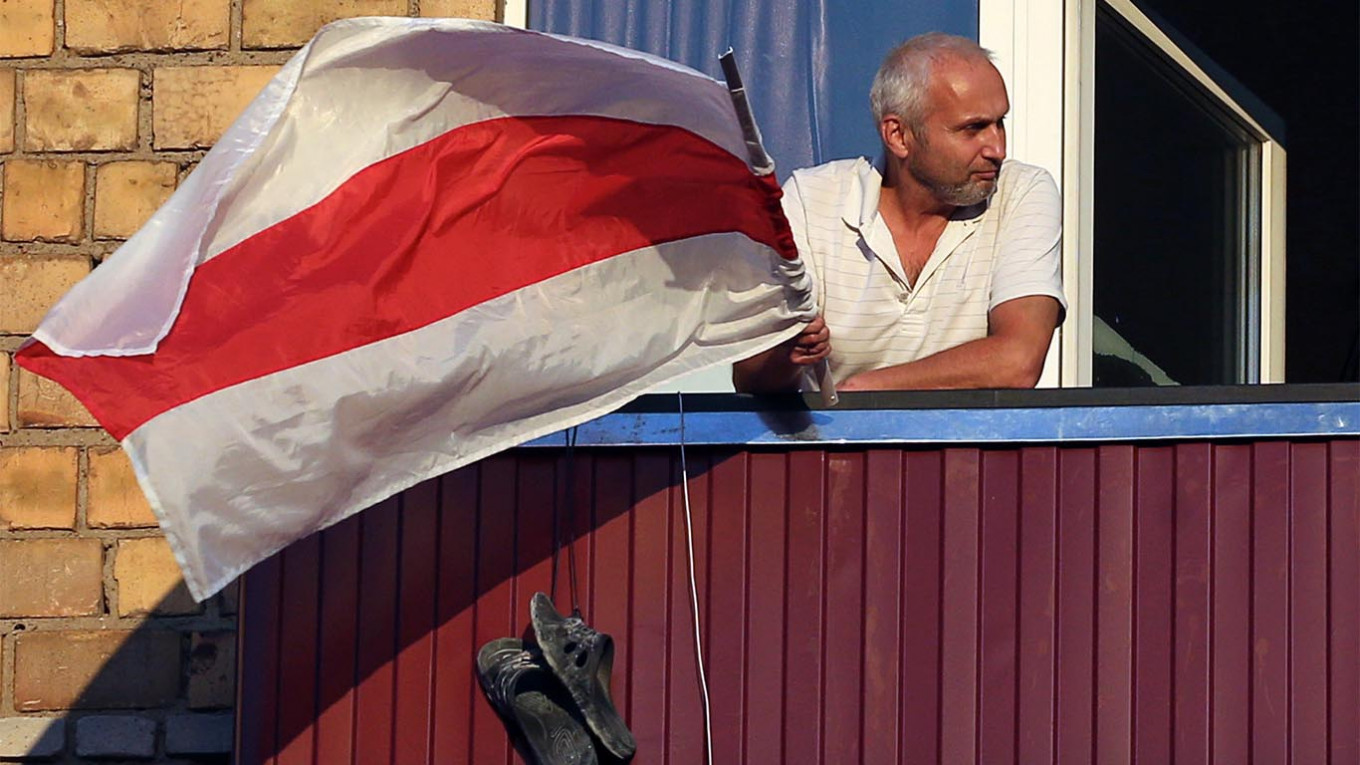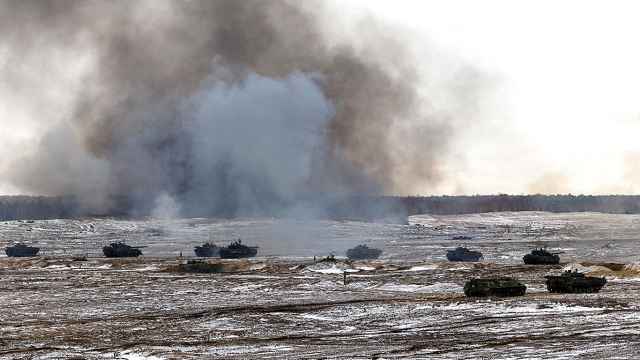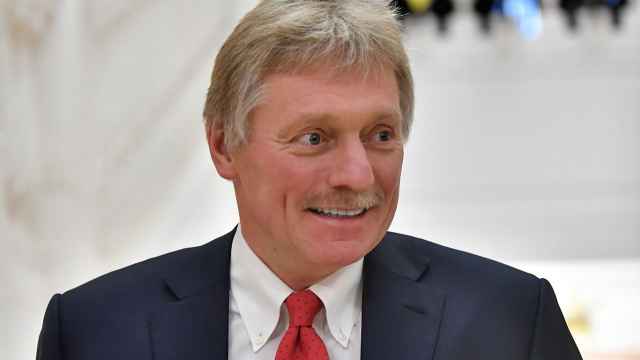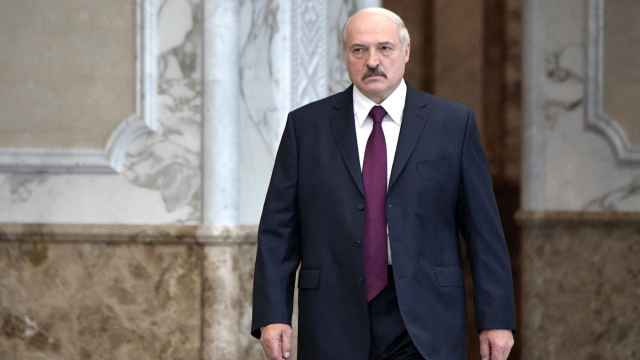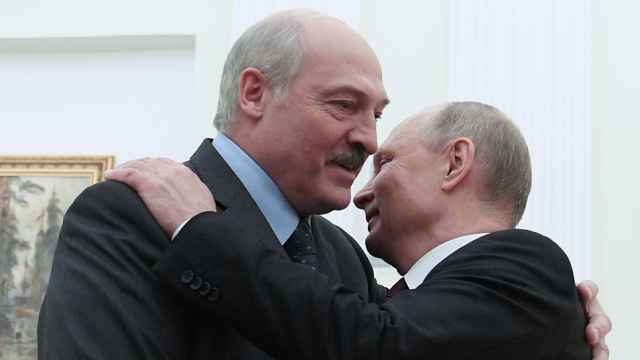Russia and Belarus are preparing to reopen borders that were closed because of the coronavirus pandemic and are discussing rerouting Belarusian oil exports through Russia, news outlets reported after high-level talks Thursday.
Russian Prime Minister Mikhail Mishustin and his delegation met Belarusian President Alexander Lukashenko and his government in Minsk amid continuing protests against his landslide victory in what the opposition says was a rigged election. Russia, which has been pushing for deeper integration with its smaller ex-Soviet neighbor, was quick to back Lukashenko after the Aug. 9 vote.
“Moscow fully supports the sovereignty, independence and territorial integrity of Belarus,” Mishustin said in televised remarks.
Lukashenko noted that “Belarus and Russia have made significant progress in resolving pressing issues.”
Behind closed doors, the sides have made strides in agreeing to lift travel restrictions imposed since late March, the pro-Kremlin Izvestia newspaper reported. A final decision is expected during Lukashenko’s meeting with Russian President Vladimir Putin in Moscow in the next two weeks, senior Russian lawmakers in charge of ex-Soviet affairs told Izvestia.
The Belarus transport ministry told Russia’s state-run RIA Novosti news agency that it was ready to open borders with Russia “as soon as tomorrow,” but added that the decision was for Moscow to make.
Mishustin’s visit also renewed integration efforts under the auspices of a unified state, which are expected to begin next week, the outlet cited unnamed Russian parliamentary sources as saying. It did not provide further details.
Rerouting Belarusian petroleum product exports from the Baltics to Russian ports was also one of the few issues known to have been discussed in the talks, details of which were sparse, according to Russia’s business daily Kommersant.
The sides did not broach the subject of a possible common Russian-Belarusian currency, Russia’s ambassador in Minsk told Russia’s state broadcaster Rossiya 24.
Kommersant’s unnamed sources said the lack of details stemmed from the expectation that they will become publicly available after Lukashenko’s meeting with Putin, which they expect to take place on Sept. 14.
“Despite the lack of specifics and a lot of controversial subjects, the Russian government rates the discussions in Minsk as generally successful,” the newspaper said.
“Which is unsurprising: Alexander Lukashenko could hardly take a tough position in negotiations in the current political situation. None of Russia’s statements following the talks indicated an increase in subsidies for the Belarusian economy,” it added.
Before the election, Lukashenko rejected Russia’s push for closer integration, dismissed Russia’s advances to open an air base in Belarus and accused Russia of depriving his country of $700 million on a failed oil supply contract.
Lukashenko accused Russia of election meddling shortly before the Aug. 9 vote, and detained Russian private security contractors he claimed were sent to the country to foment a revolution.
Since the post-election protests broke out, the 65-year-old strongman has blamed Belarus’ western neighbors, including Poland, the Baltic states and Ukraine, for the unrest.
A Message from The Moscow Times:
Dear readers,
We are facing unprecedented challenges. Russia's Prosecutor General's Office has designated The Moscow Times as an "undesirable" organization, criminalizing our work and putting our staff at risk of prosecution. This follows our earlier unjust labeling as a "foreign agent."
These actions are direct attempts to silence independent journalism in Russia. The authorities claim our work "discredits the decisions of the Russian leadership." We see things differently: we strive to provide accurate, unbiased reporting on Russia.
We, the journalists of The Moscow Times, refuse to be silenced. But to continue our work, we need your help.
Your support, no matter how small, makes a world of difference. If you can, please support us monthly starting from just $2. It's quick to set up, and every contribution makes a significant impact.
By supporting The Moscow Times, you're defending open, independent journalism in the face of repression. Thank you for standing with us.
Remind me later.


